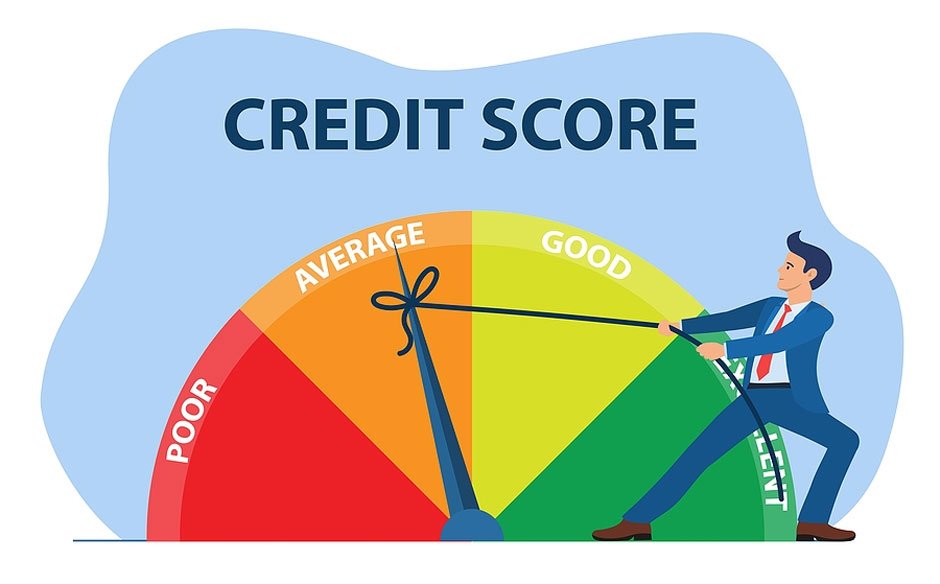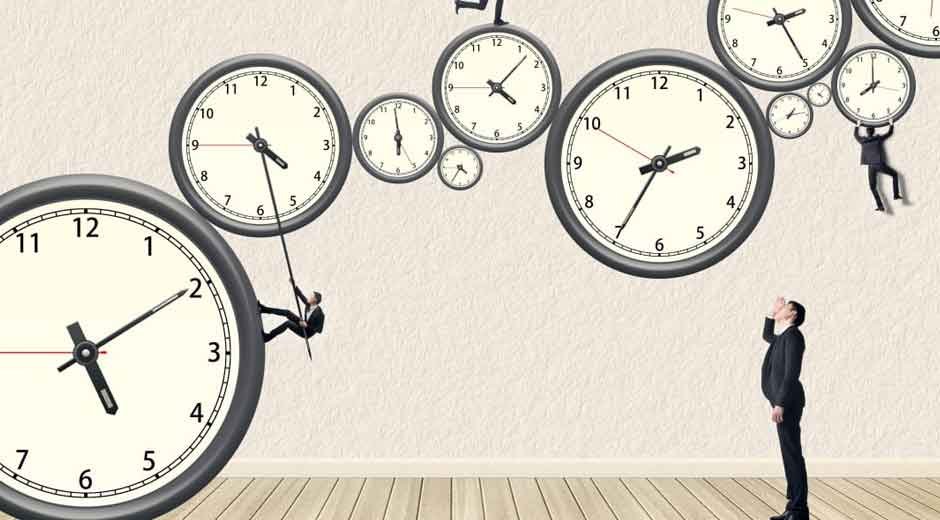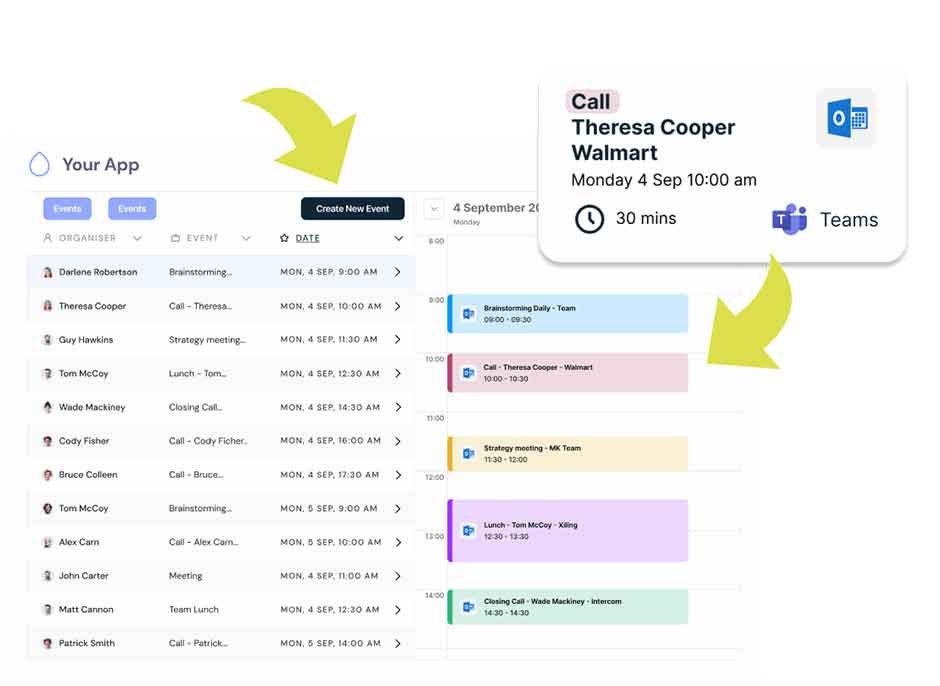More Than Just a Number
Most people know their credit score exists, but few really understand what it means or why it matters so much. You might see that three-digit number on your bank app or a credit monitoring site and not think much about it until you apply for a loan or credit card. But your credit score plays a much bigger role in your financial life than many people realize.
When people face serious financial trouble, they often turn to options like debt resolution to help manage overwhelming balances and get back on track. In many cases, improving or maintaining a healthy credit score becomes an important part of that recovery process. But you don’t have to wait until you’re in crisis to start paying attention to your credit score. Understanding how it works can help you make smarter choices long before financial trouble hits.
What Is a Credit Score Really Measuring?
At its core, your credit score is a snapshot of your financial behavior. It gives lenders a quick way to assess how risky it might be to lend you money. The score typically ranges from 300 to 850, with higher numbers indicating a lower risk for the lender. The higher your score, the more likely you are to get approved for loans, credit cards, and even rental applications. You may also qualify for lower interest rates, which can save you a lot of money over time.
But your credit score isn’t just some random number. It’s based on specific pieces of information from your credit history. These include how much debt you have, whether you pay your bills on time, how long you’ve had credit accounts, the types of credit you use, and how much new credit you’re seeking.
The Five Key Factors
Your credit score is usually calculated based on five major factors:
Payment History (35 percent): This is the most important factor. Lenders want to see that you pay your bills on time. Even one missed payment can cause a noticeable drop in your score.
Amounts Owed (30 percent): This refers to your credit utilization ratio, or how much of your available credit you’re using. Keeping your balances low relative to your credit limits is a good sign to lenders.
Length of Credit History (15 percent): The longer you’ve been managing credit, the better. A long credit history gives lenders more data to evaluate your behavior.
Credit Mix (10 percent): Having a mix of credit types, such as credit cards, auto loans, and mortgages, can be helpful. It shows you can handle different kinds of credit responsibly.
New Credit (10 percent): Opening several new accounts in a short time can make you look risky to lenders, since it may signal financial trouble.
Why Your Score Affects More Than Just Loans
While your credit score is important for getting approved for loans and credit cards, its influence stretches further than many people realize. Employers sometimes check credit reports (though not always the score itself) during the hiring process. Insurance companies may use credit information to set premiums. Landlords often check credit when deciding whether to rent an apartment to you.
A poor credit score can create roadblocks in areas of life that have nothing to do with borrowing money. This is why managing your credit proactively can open doors and create more opportunities in your personal and financial life.
How Debt Resolution Can Play a Role
When someone struggles with large amounts of debt, it often becomes difficult to keep up with payments, which can quickly harm their credit score. Debt resolution programs work by negotiating with creditors to reduce the total amount owed. While entering a debt resolution program might temporarily lower your credit score, successfully completing the program and resolving your debts can eventually help you rebuild your credit.
The key is not to view your credit score as something frozen in place. It can go up and down depending on your actions. Even if you have made mistakes in the past, taking positive steps now can set you up for a stronger financial future.
Small Habits That Make a Big Difference
The good news is that improving your credit score is often about building consistent, healthy habits. Here are a few simple things you can do:
Pay your bills on time. Set up automatic payments or reminders to avoid late fees.
Keep your credit card balances low. Aim to use less than 30 percent of your available credit.
Don’t close old credit accounts unless necessary. Older accounts help lengthen your credit history.
Limit new credit applications. Too many inquiries can signal risk.
Check your credit reports regularly. You’re entitled to one free report each year from each of the three major credit bureaus. Look for errors and dispute any inaccuracies you find.
The Emotional Side of Credit Scores
Many people feel shame or anxiety when they think about their credit score, especially if it’s not where they want it to be. But your credit score is not a judgment of your character. It’s simply a reflection of your financial habits at a given time. Life happens. Medical bills, job loss, or unexpected expenses can throw even the most responsible person off track.
Instead of letting your credit score feel like a source of stress, try viewing it as a tool. It gives you feedback on what’s working and where you might need to improve. With patience and consistency, anyone can take steps to improve their credit over time.
The Bigger Picture
In the grand scheme of personal finance, your credit score is one piece of the puzzle. It affects your ability to borrow, your interest rates, and even your insurance premiums and housing opportunities. But it doesn’t have to control your life.
Whether you’re managing debt through debt resolution or just starting to build credit, understanding how your credit score works puts you in the driver’s seat. Small changes today can lead to big improvements tomorrow. The more you learn, the better equipped you’ll be to navigate the financial world with confidence.










